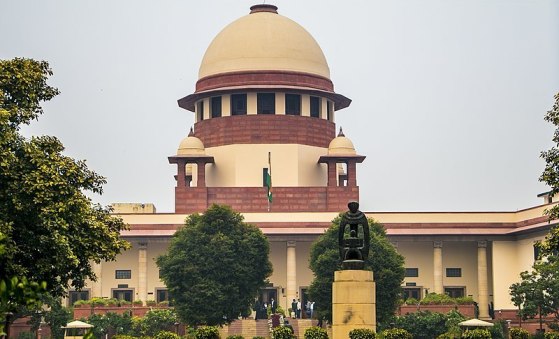Tens of thousands of landless poor, including Dalits and Adivasis are marching from Gwalior to Delhi to drive renewed attention to land reform policies and resettlement programmes in India.
The 'Jan Satyagraha Yatra' that began on October 3 will cover a 350-km trek to Delhi. Organised under the auspices of Christian Aid partner Ekta Parishad, the marchers will be walking barefoot in the month long march to lobby the government.
"These marchers show tremendous resilience and courage by taking part; many of them are from the lowest rung of society and are landless, or find themselves in the centre of land disputes," explained Anand Kumar, Christian Aid's Country Director for India.
"They are marching because very often, the access you have to land determines your income and how much you have to eat. More access would literally change their lives," he said.
Land grabs by commercial enterprises along with climate change and other factors have driven thousands from their homes.
"In a country where forty-two percent of the population live below the poverty line and at least 20 per cent of the population frequently go hungry, access to land could lift 400 million Indians out of poverty," pointed Anand. He opined that international pressure was needed to bring about the land rights and reform.
The Jan Satyagraha 2012 March is based on the Gandhian Salt Satyagraha of 1930, known as the Dandi March. Ekta Parishad, which is in the forefront of the campaign to restore land rights, has stressed that high levels of landlessness and deprivation need to be reduced for achieving positive national and global development.
"In an increasingly globalised world where large companies are coming to India, Africa and other countries to buy land, the Government is forcing people to sell their holdings in the name of mining, wildlife protection, infrastructure development process and various other projects – it's become very common," said Ekta Parishad founder Rajagopal PV.
India's rural poor are being displaced as a result of land acquisition for development and other infrastructural projects. Only a minimal amount of compensation is offered, while many of the proposed projects fail to materialise.
Although the Constitution includes policies and laws that protect the rights of marginalised groups, they are seldom put into action.
"'No charity, no amount of other developmental activity is going to remove poverty from this earth, unless people have control over the land," asserts Rajagopal.
Rural Development Minister Jairam Ramesh has invited the protesters for a meeting on October 11 in Delhi. The minister reportedly has provided a written response of the measures that the government was taking to address the issue of land rights for the poor.
"We have assured the protesters that the government will consider all their demands sympathetically and try to fulfill them in totality," the minister had said.



